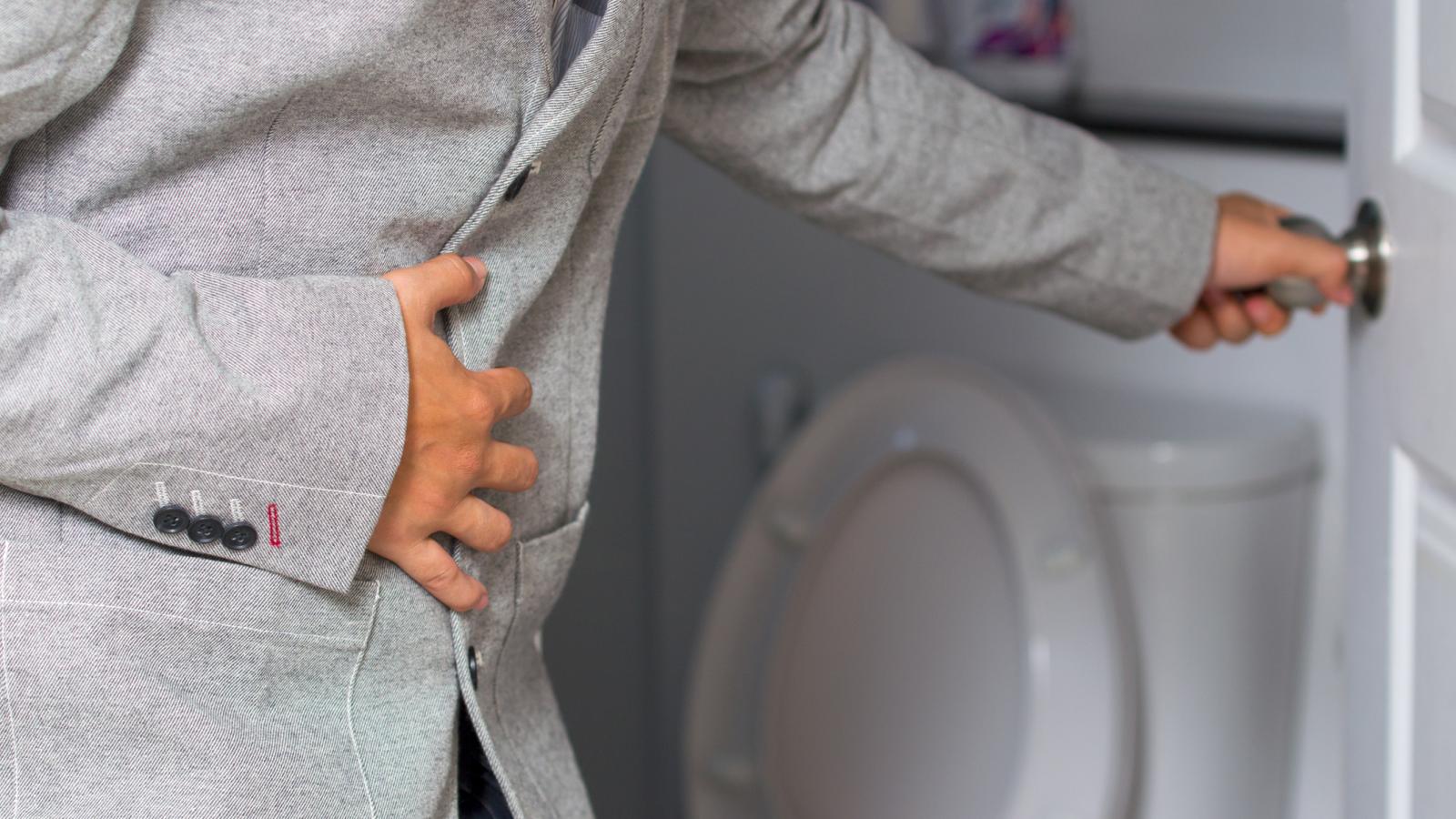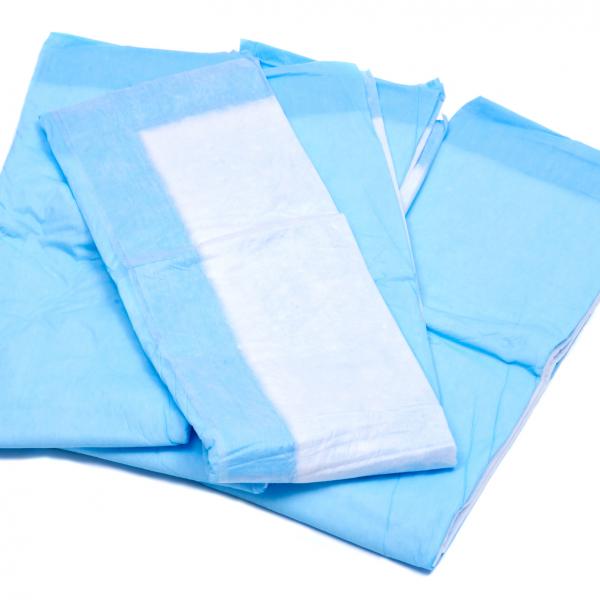Urinary problems

Many people feel upset or embarrassed by incontinence and urinary problems. You may find it affects how you feel about yourself and your dignity. You might avoid going out as much if you’re worried about having an accident. It is important to remember that you are not alone and help is available. It can help to talk to a nurse or to someone who has experienced urinary leakage.

You may need to wear pads to absorb leaks for some weeks or months. Read some advice about incontinence pads.
Your doctor can help you to manage urinary problems, but there are things you can do yourself that can help.
Tips for coping with urinary problems
- Get advice about leakage: Ask your doctor, public health nurse or see if there’s a continence adviser at your local HSE health centre. There are things that can help, so don’t suffer in silence.
- Cut down on caffeine. It may irritate your bladder. Caffeine is found in tea, coffee, chocolate and cola.
- Try drinking less alcohol. Alcohol can increase the amount of urine you produce, making it more likely you’ll have to get up during the night.
- Find out your ‘triggers’. Fizzy drinks, citrus fruits like oranges and lemons, tomatoes and spicy foods affect some people. Try avoiding them for a time to see if it helps.
- Drink plenty of fluids. Not drinking enough will make your urine more acidic and this may irritate more. Aim for 2 litres a day (6-8 cups). It's best to sip or drink small amounts at a time – drinking lots at one time could make your urinary problems worse.
- Keep a healthy weight and eat a balanced diet. Your diet should be rich in fibre to avoid constipation. Constipation can put pressure on your bladder and make urinary problems worse. Having weight around the middle (the abdomen) creates pressure like a funnel effect on your pelvic floor area and can make urinary problems worse.
- Exercise regularly if you can. Exercise helps you to keep a healthy weight and helps bowel function too. Your doctor can advise you about suitable exercises.
- Try pelvic floor exercises. They may help to improve your bladder control. Get advice from your hospital team or a local HSE continence adviser. See our instructions on how to do pelvic floor exercises.
- Go to the toilet regularly.
- Wear clothes that are easy to take off. Clothes with an elasticated waist, or using braces rather than a belt can make it easier when you want to go to the toilet quickly.
- Try having a rest in the afternoon. It may help the muscles around your bladder to tighten up and work better for you.
- Use a bed protector if you’re worried about leaking during the night and wear light pads during the day.
- Wear dark-coloured clothes if you’re worried about urine leaks showing on your clothing.
- Keep the area clean and dry. Use a mild soap and gently pat the area dry to avoid skin irritation and stay fresh.
- Plan ahead. Keep a bag with wipes and pads with you, and make sure you know where the public toilets are if you’re going out.
Travelling and urinary problems
A trip away when you have urinary difficulties may seem daunting – but a little planning can help you to feel a bit more relaxed when travelling.
- Incontinence and urinary frequency can change the activities you want to take part in, so you may need to change the type of holiday you have.
- Pack a supply of equipment that will last the length of your trip – include pads and wipes in your hand luggage to use in the event of a delay. You might want to keep a change of underwear or clothing nearby too.
- If you go abroad consider taking a written list of what you need in the language of the country you are going to. An online translation service such as Google Translate can do this for you (www.translate.google.com).
- It may be useful to buy a portable urinal if you are travelling a long distance by car. These can be for both men and women.
- A supply of plastic bags can help you to keep pads dry, and to store wet pads or clothing while travelling.
- If you are concerned about bed protection, contact your accommodation before you go or take a protective sheet with you.
- Find out about laundry facilities where you are going – or take a supply of washing powder so you can wash small items of laundry if needed.
The Irish Cancer Society has a card that you can show at shops and other public places to get urgent access to a toilet. Get one from a Daffodil Centre or by calling our Support Line on 1800 200 700.
For more information
Phone
1800 200 700



